
Moderators: Elvis, DrVolin, Jeff
Why start from a flawed premise and work backwards?

V. Oblique emphasis reporting: This is the most important and most often used technique of network news. Seemingly straight reports are very often subtle editorializations. The use of words and phrases gives transient and subliminal points of view to the audience, most often without audience knowledge.
(5 examples)
"Disruption"? "Fragment the board"? I'm posting the most basic mind control in media and even adding to knowledge of some of the trickier state-of-the-arts bits and Jeff treats this like I'm peddling orgone!
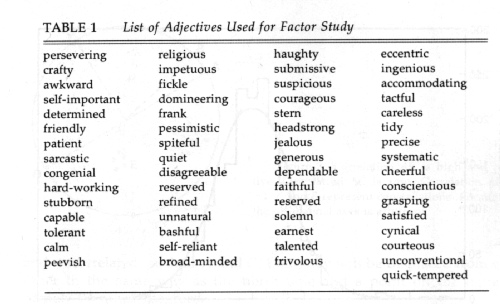
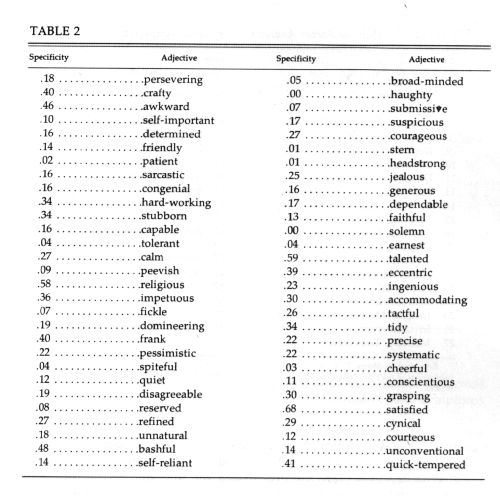
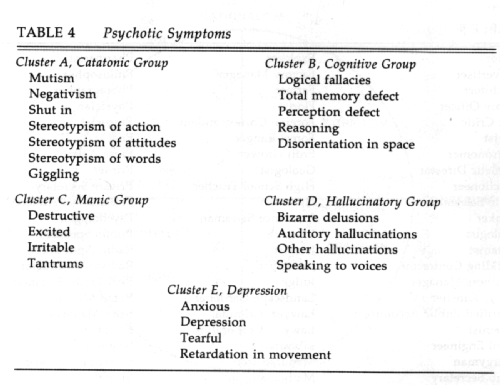
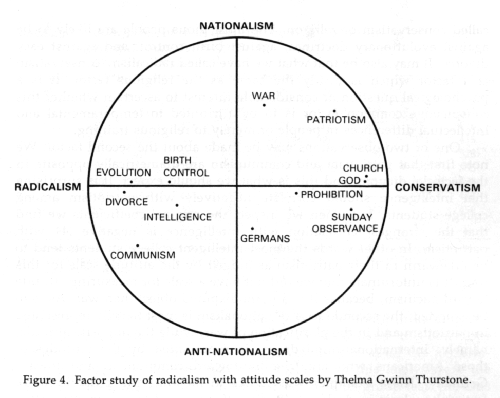
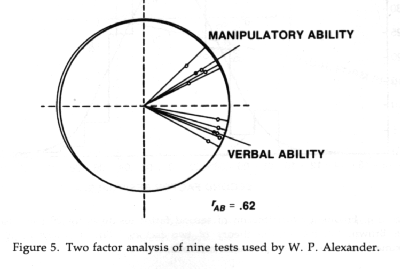
Hugh Manatee Wins wrote:"Disruption"? "Fragment the board"? I'm posting the most basic mind control in media and even adding to knowledge of some of the trickier state-of-the-arts bits and Jeff treats this like I'm peddling orgone!
brownzeroed wrote:Here's another idea. It looks like there are at least 35 people interested in what Hugh has to say. If each of those people chipped in a buck/ year, Hugh could have his own board and complete control over its comings and goings.
Completely serious. The above is %100 snark free. In fact, I'd even visit it frequently.
orz wrote:Good stuff populistindependent. From what you've said about your background in this I think your ideas are much more valid than Hugh's, and I can also appreciate why based on your experience you'd be more open to not totally dismissing him. I'm just not sure I'd want to have anything to do with the phrase Keyword Hijacking when studying/discussing these issues is all.
Jeff wrote:Hugh Manatee Wins wrote:"Disruption"? "Fragment the board"? I'm posting the most basic mind control in media and even adding to knowledge of some of the trickier state-of-the-arts bits and Jeff treats this like I'm peddling orgone!
Your nonsense would be a tolerable amusement if you kept it to your own threads. But when you seed other members' with it, and then make the threads all about your hijack-of-the-moment, it's not funny anymore.
Exhibit A: brownzeroed's thread of Robert Parry's commemoration of Gary Webb. You call Parry a "gatekeeper" and KWH Iran-Contra airstrip Nella with the movie Nell.
Exhibit B: MacCruiskeen's thread on Kerella's red rain. "300 degrees" and "300 pounds of pressure" are KWH hijacked to the movie 300.
Exbibit C: Patton Oswald was given a role in Ratatouille to reinforce notion that Lee Harvey Oswald was the lone gunman. ("Looks like a distinct case of keyword hijacking to me.")
Exhibit D: The Incredible Mr Limpet was used to get kids to stop thinking about a limpet mine exploding in the Gulf of Tonkin.
chlamor wrote:....
As someone who spent nearly a year of his life doing research on corporate propaganda there is no question that Hugh is pretty much on the mark.
Disney is in fact a massive propaganda machine for example.
The biggest problems as I see it is that Hugh is disorganized and he doesn't do well in teasing out how his examples of KWHing manifest themselves in today's economic and political systems. But let's admit that is a very intricate task.
....
What have ya got on the Rat, chlamor? Anything chunky and nutritious that'll stick?
Didja see what I put in the thread about Anthropologists on the Front Line?
'Atlantis' has frikkin' al-queda and Blackwater in it!
Users browsing this forum: No registered users and 6 guests